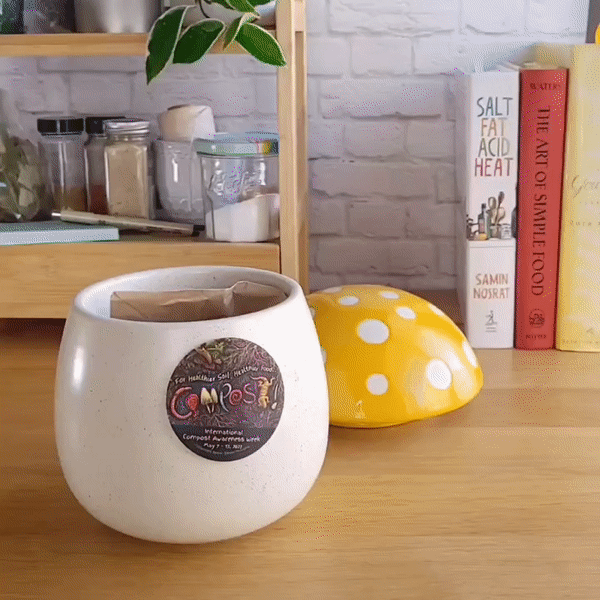Recent Posts
- Home
- Elevate Blog
- Rethinking Waste
Rethinking Waste
Posted on
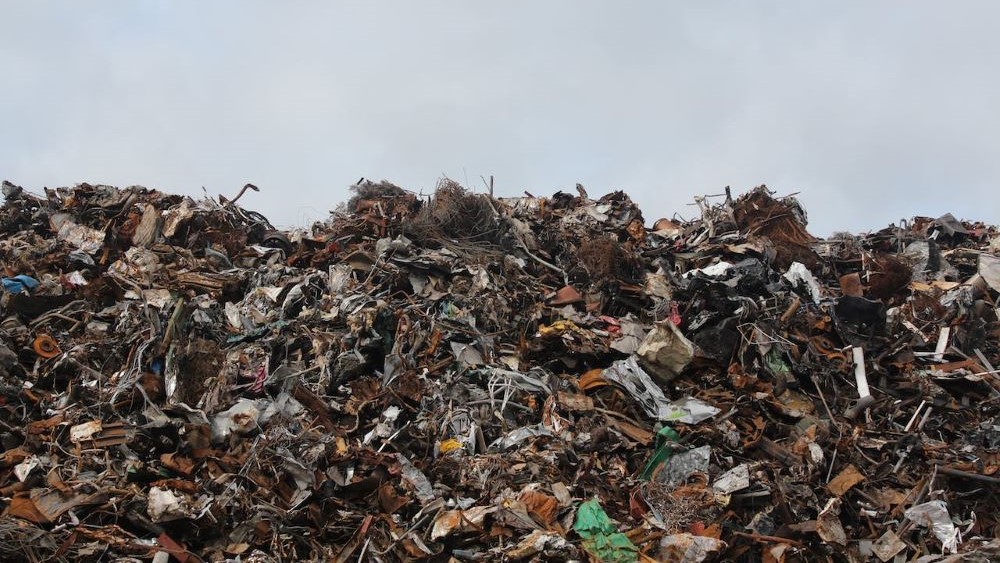
What is Waste?
Waste refers to materials that are unwanted or unusable. These waste materials are typically regarded as having no further value and are discarded after use. Historically, human civilizations have always grappled with waste, but the scale and nature of it have evolved dramatically. From the early practices of simply discarding waste in unoccupied areas to today’s sophisticated waste management systems, our approach to waste mirrors our development and consumption patterns.
Once created, waste is managed through reuse, recycling, and disposal. For the majority of waste generated in the U.S. that usually means being sent to landfill. The increase in mass production, consumerism, and a 'take-make-waste' culture has led us to unprecedented levels of waste.
In our current economy the process is linear: We take natural resources and make products from them, then eventually we discard them as waste. In many cases, that waste does not need to be produced in the first place.
“About 80 percent of U.S. products are used once and then discarded.”
Heather Rogers, Gone Tomorrow: The Hidden Life of Garbage
It wasn’t until the mid-20th century that the concept of waste management as we know it began to take shape, spurred by rising environmental awareness and the realization of the long-term impacts on our planet.
As we stand today, rethinking waste is not just a necessity but a responsibility. It's important to note that waste is more than just a discarded material; it's a lost opportunity. Every item thrown away represents a drain on natural resources, energy, and labor.
How Does Waste Affect the Environment?
Fueled by consumption, we’re generating more waste than ever.
In the 1960s the U.S. generated 2.68 pounds of waste per person, per day. By 2018 it had nearly doubled to 4.9 pounds of waste per person, per day. While rates of recycling and composting have also increased, there’s still a long way to go.
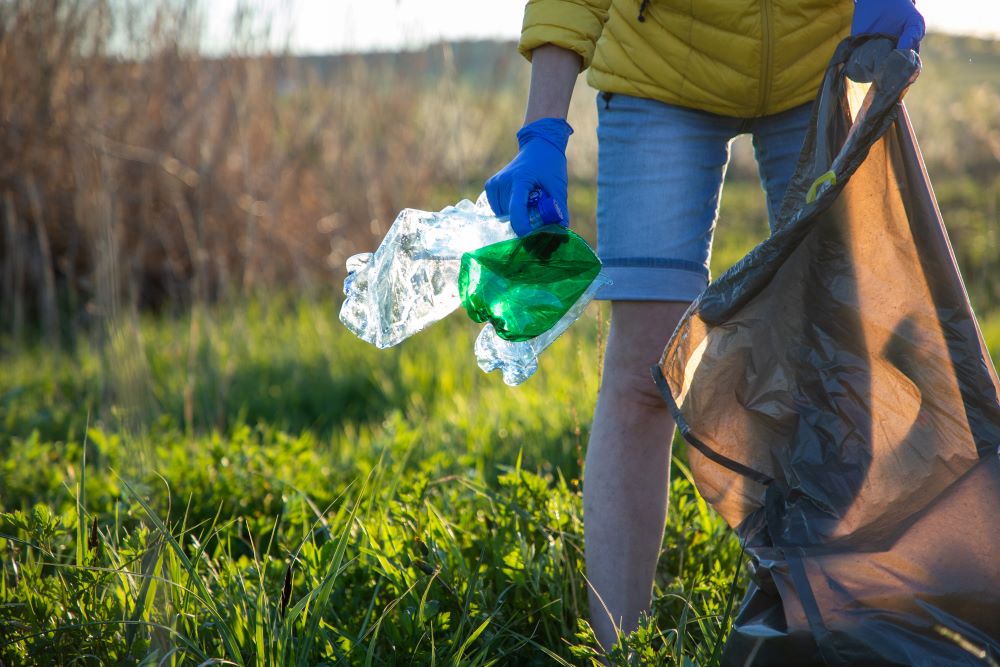
It’s not just a matter of space in landfills. Waste, and poor waste management, have profound effects on ecosystems and our health.
Air Pollution: When waste decomposes in landfills, it releases greenhouse gases which contribute to climate change. Incinerating waste, while reducing its volume, emits harmful pollutants that deteriorate air quality.
Water Contamination: Leachate, a toxic liquid formed when waste breaks down and water filters through it, can seep into groundwater, contaminating it. Contaminated water is detrimental not only to human health but also to aquatic life, disrupting entire ecosystems.
Soil Degradation: Waste, especially non-biodegradable or toxic waste, can degrade soil quality, affecting agricultural productivity and the natural flora. Microplastics and hazardous chemicals from waste find their way into the soil, altering its composition and harming the organisms that live in it.
Impact on Wildlife: Improperly managed waste can be a direct threat to wildlife. Animals can ingest or become entangled in waste, particularly plastics, leading to injuries, illness, or death.
Economic Loss: Beyond environmental damage, there's an economic dimension to waste. The resources, energy, and labor invested in producing materials that end up as waste represent a significant economic loss.
By shifting our focus towards circular systems, reducing consumption, and embracing practices like composting, we can mitigate these environmental impacts.
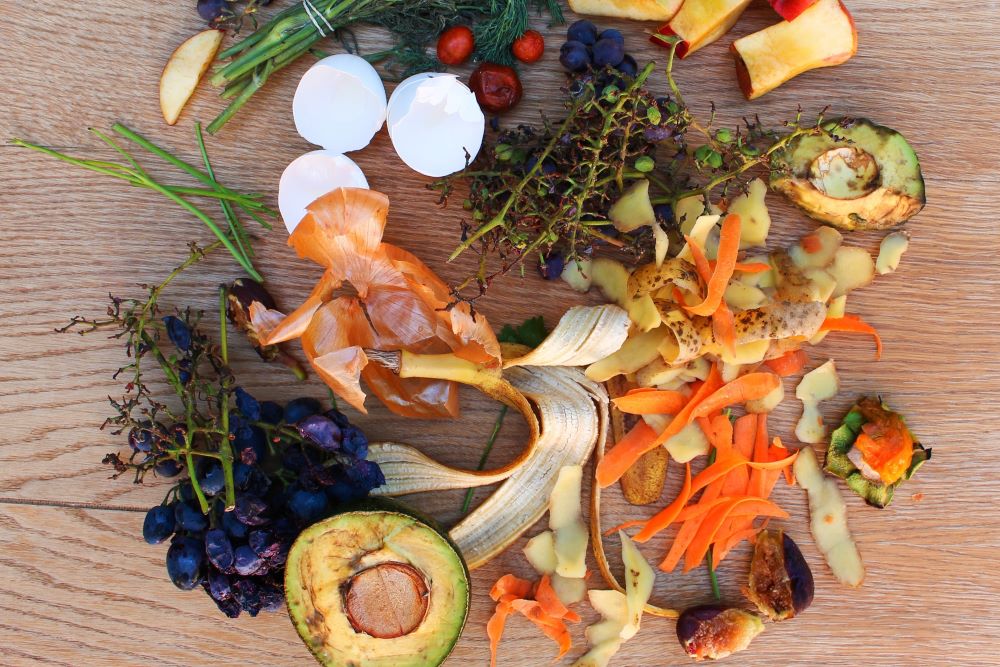
Composting Organic Waste
Are all discarded materials truly unusable and of no value? In most cases, the generation of waste represents an inefficient use of materials. This becomes most obvious when we look at organic waste.
Are food scraps really waste in the same way that a plastic wrapper is? No! Organic materials don't need to be discarded as waste, those food scraps are a valuable resource.
It is a waste to send organic materials to landfill when they could be composted and used to enrich the soil. The goal of composting is not to manage waste, but to create beneficial compost!
Composting steps away from the linear model of 'take, make, waste,' and steps into a cycle where every material has a purpose and contributes to the longevity and health of our environment.
Start Your Compostable Packaging Journey
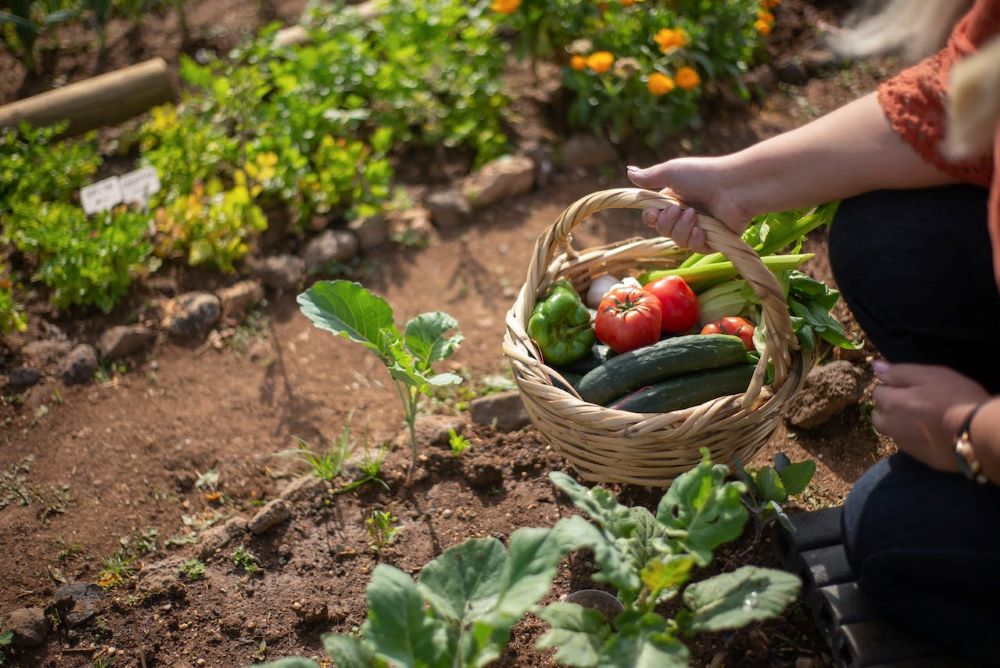
We Have an Opportunity to Rethink Packaging Waste
Compostable packaging replaces the linear model (take, make, waste) with a circular economy where nothing is wasted. Packaging does not need to be waste destined for landfill, but can instead become a resource.
Unlike typical waste management that deals with the disposal or recycling of waste, composting transforms organic materials into compost - a valuable product that enriches soil and supports agricultural productivity.
Packaging, traditionally seen as a one-time-use item destined for landfills, becomes a part of this regenerative cycle. Once they’ve served their primary purpose, these materials don’t end up as trash. Instead, they embark on a new journey, decomposing and returning to the earth, enriching the soil, and fostering new growth.
This transformative approach reduces the burden on our landfills and ensures that every bit of material we use gives back to the planet in a meaningful way.
Rethink Packaging Waste
*Originally posted Dec 21st 2022, updated Dec 13 2023
 Loading... Please wait...
Loading... Please wait...


